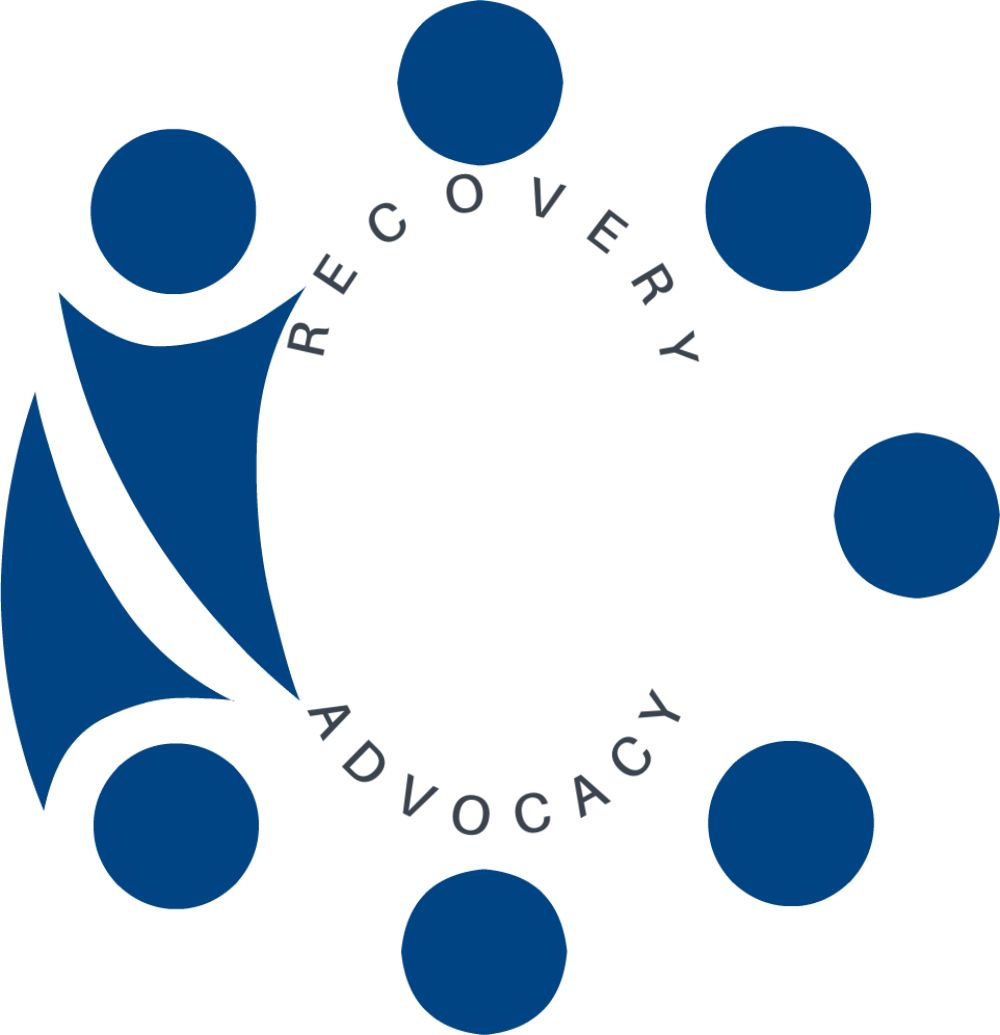Nassau Alternative
Trauma-Informed Care
Trauma is a widespread, harmful and costly public health problem. It occurs as a result of violence, abuse, neglect, loss, disaster, war and other emotionally harmful experiences. Trauma has no boundaries with regard to age, gender, socioeconomic status, race, ethnicity, geography or sexual orientation. It is an almost universal experience of people with
mental and substance use disorders. The need
to address trauma is increasingly viewed as an
important component of effective behavioral health
service delivery. Additionally, it has become evident
that addressing trauma requires a multi-pronged,
multi-agency public health approach inclusive of
public education and awareness, prevention and
early identification, and effective trauma-specific
assessment and treatment.
- In a trauma-informed approach, all people at all levels
of the organization or system have a basic realization
about trauma and understand how trauma can affect
families, groups, organizations, and communities as
well as individuals. - People in the organization or system are also able
to recognize the signs of trauma. - A trauma-informed approach seeks to resist
re-traumatization of clients as well as staff.
SIX KEY PRINCIPLES OF A TRAUMA-INFORMED APPROACH
1. Safety
2. Trustworthiness and Transparency
3. Peer Support
4. Collaboration and Mutuality
5. Empowerment, Voice and Choice
6. Cultural, Historical, and
Gender Issues


